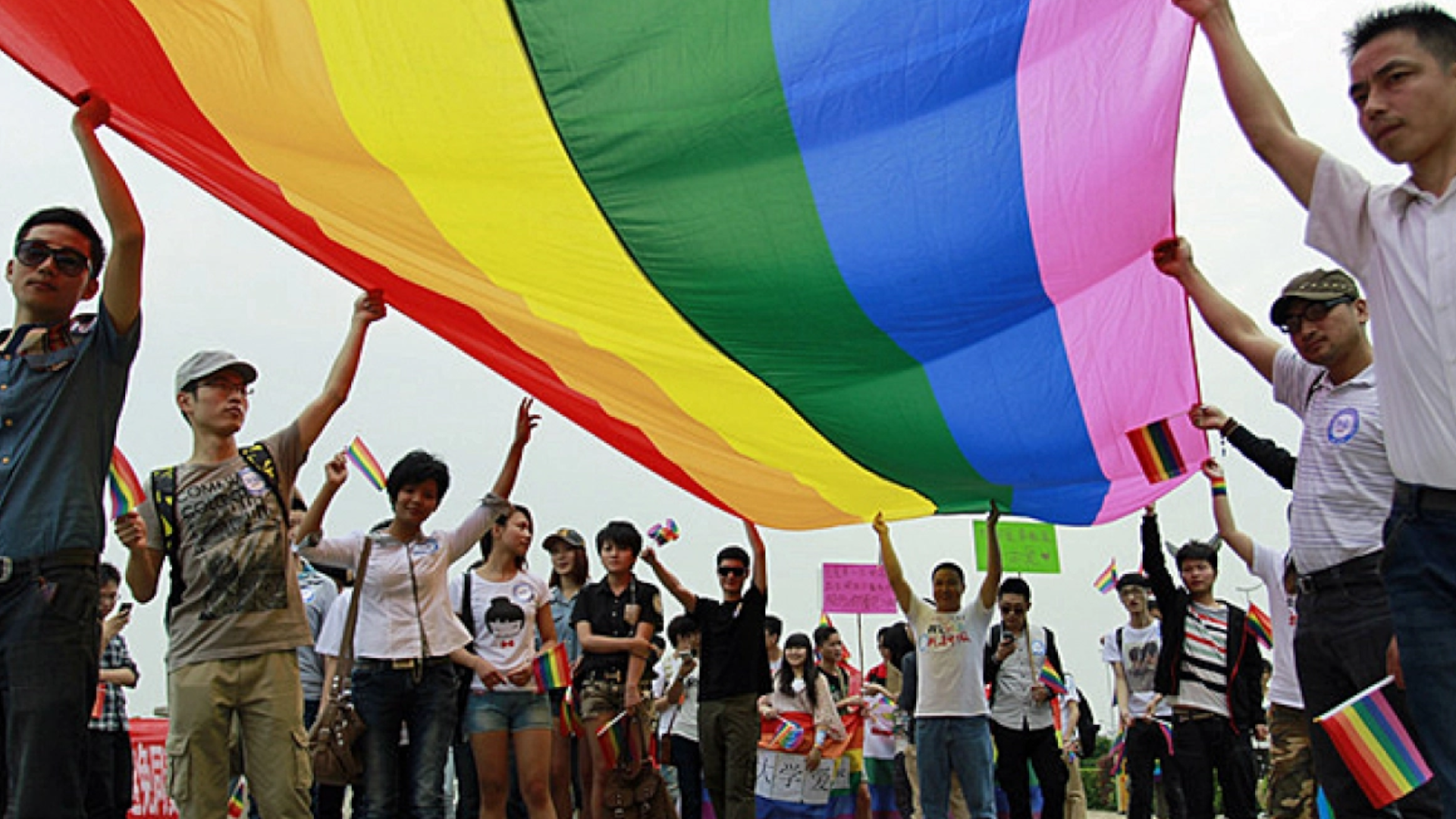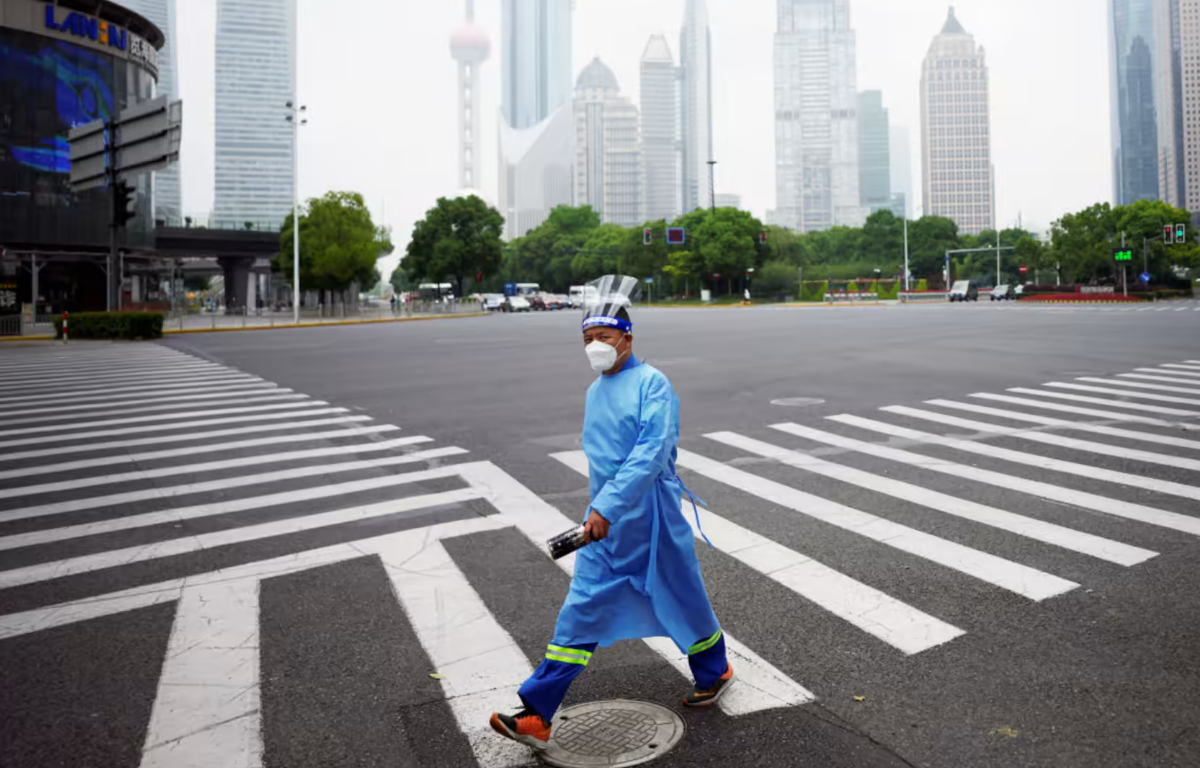
Under President Xi Jinping’s leadership, China is witnessing a notable shift in priorities, with a clear emphasis on security concerns over economic considerations. This strategic shift reflects the country’s response to growing geopolitical challenges and its determination to safeguard national interests. While economic development has been a driving force behind China’s global rise, President Xi’s approach signals a reevaluation of the balance between economic goals and security imperatives. In this article, we delve into the evolving landscape of Xi’s China, where security needs may overshadow economic objectives, and explore the potential implications of this strategic shift.
In Xi’s China, the rationale behind this shift lies in the rising security challenges faced by the nation. China’s assertiveness in regional disputes, such as the South China Sea, and its intensifying competition with the United States have fueled concerns over national security. President Xi’s vision for China’s rejuvenation includes safeguarding national sovereignty, territorial integrity, and maintaining social stability. Consequently, economic priorities may take a back seat as the government strives to address these pressing security imperatives.
A key manifestation of this shift is the strategic focus on defense. President Xi has pursued an ambitious military modernization program aimed at enhancing China’s defense capabilities. The country has allocated increased resources to its defense budget, invested in advanced technologies, and expanded its naval presence. This bolstering of military strength serves both defensive purposes and acts as a deterrent, ensuring China’s ability to protect its interests and project power within the region.
Moreover, China’s economic expansion efforts, including the Belt and Road Initiative (BRI), have encountered geopolitical challenges. As China’s economic influence grows, it faces resistance from nations concerned about debt traps, lack of transparency, and potential loss of sovereignty. In response, Xi’s China seeks to protect its overseas investments, secure supply chains, and counter perceived containment efforts by external powers. This may involve diverting resources from economic pursuits to bolster security measures, reflecting the prioritization of security over economic considerations.
China’s pursuit of technological leadership and national security is another crucial aspect of this shift. The country’s drive to become a global leader in emerging technologies, such as artificial intelligence and 5G, is intricately linked to national security concerns. China views technological self-reliance and control as essential for reducing vulnerabilities and protecting sensitive data from foreign interference. Consequently, stricter regulations, heightened scrutiny of foreign companies, and the promotion of domestic champions are evident, reflecting China’s security-centric approach. However, these measures can impact economic partnerships and international collaboration.
The shift towards security prioritization in Xi’s China carries implications for the economy. Economic reforms, liberalization, and market-oriented policies may experience slowdowns or adjustments to align with security imperatives. State-led initiatives, directed lending, and a greater emphasis on self-sufficiency may become more prevalent. Striking a delicate balance between economic growth and security considerations poses challenges for the government as it navigates potential trade-offs while striving to maintain stability.










Share this: